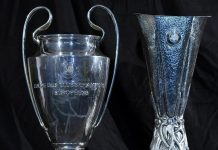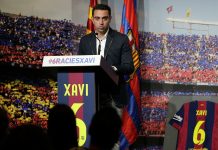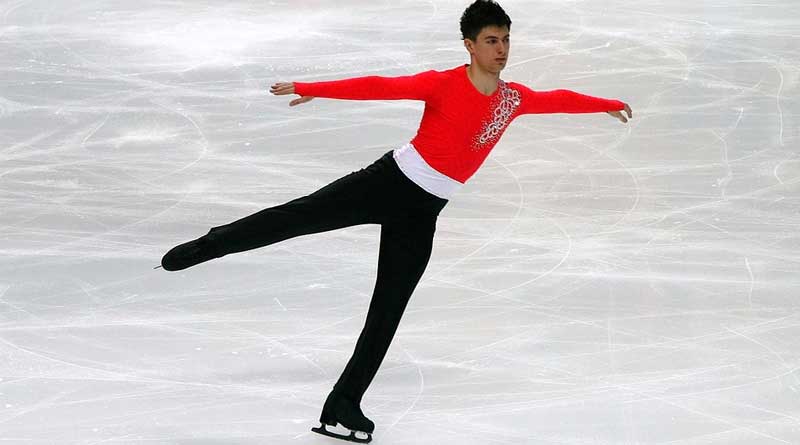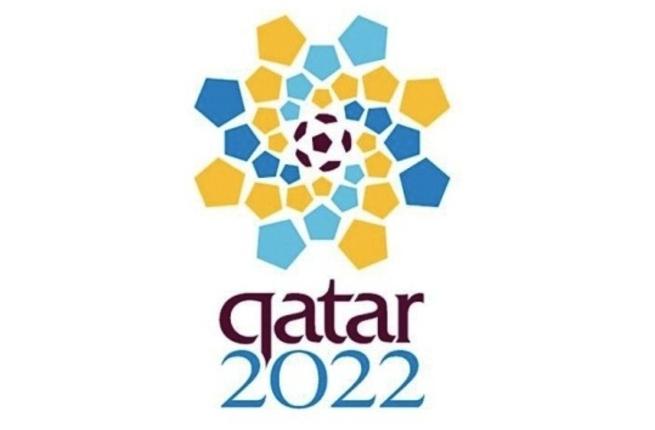
English football has always been as anti-intellectual as any other aspect of the average English national life. Pragmatism and common sense have been the values, winning football matches the only goal. Woe betide the foreign manager who arrives talking about a ‘philosophy’ of football he intends to implement. Andres Villas Boas and Louis van Gaal had their faults but they were both always fighting a losing battle, for the temerity of having an idea.
This is nothing new and nor is it limited to football: it is part of who they are. “As Europeans go, the English are not intellectual,” George Orwell wrote in ‘The Lion and the Unicorn’ in 1941. “They have a horror of abstract thought, they feel no need for any philosophy or systematic ‘world-view’”. Ideas, especially foreign ones, have never taken much root in the English culture. Even the history of the Labour party, as Harold Wilson said, owed more to Methodism than to Karl Marx.
All of which explains why when Pep Guardiola arrived in England in 2016, with his own ideas and his own philosophy, so many people told him to compromise.
Possession football might work abroad, he was told, but England was different. Every Premier League champion had power at the core of the team, as Gary Neville famously said. The revelation that Guardiola did not “train tackles” after his team had lost 4-2 to Leicester City despite having 78 per cent possession was met with incredulity. Jamie Redknapp described it as “one of the most bizarre statements” he had had ever heard in football, saying City could not win anything this way.
It is a very English notion that an idea must be watered down if it is to work. But that has always been the essence of the criticism of Guardiola. If he was serious about winning the Premier League, he would have to buy a proper holding midfielder, defend deeper, get the ball forward quicker and certainly start training tackles.
But the reality of City’s title win this season is the exact opposite. It is not the dilution of Guardiola’s ideas but in fact their maximal implementation that has guided the side to glory. Just as City’s average possession has increased from 61 per cent last year to over 71 per cent this year, according to Opta, so have their goals, wins and points, heading towards numbers that have never been seen before in the Premier League.
Of course City do not play like the Barcelona team that won the 2009 and 2011 Champions League titles. How could they without Lionel Messi, Xavi, Busquets and Andres Iniesta? This team plays with wingers, and has found a route to goal that is difficult to stop: David Silva or Kevin De Bruyne through to a wide player, who cuts the ball back for a simple finish. While the details of how City play have been tuned to the players they have, the concepts are how Guardiola has always worked: positional play, dominating the ball, defending high up the pitch, playing out from the back. All of them clearer than ever before.
Clearly the events of last week show that this City team is not perfect and not unbeatable. The two three-goal flurries they suffered, first against Liverpool and then against Manchester United, show that this team can briefly lose their heads when things turn against them. But even that is a function of their pursuit of perfection, that they struggle to come to terms with anything other than dominance and superiority. It was true of Guardiola’s Bayern Munich and Barcelona teams too. And while being robust is admirable, being brilliant is better.
Looking back, there was never any question of Guardiola meeting his critics half-way. “Success without playing the way you like to play means nothing to me,” as he said at the start of last season. But imagine briefly if he had done: a City team that defended deeper, passed less, and went long more. They would probably be better at slowing the game, taking out the sting and finding their feet after conceding at Anfield. But do you think a compromised, confused side like that would be heading for 100 points and 100 goals, or not?
It is impossible to talk about this City success without speaking about money. Guardiola has been confronted with this recently and admitted that he was a “lucky guy” to have bought the players that he has. But that money has not just been thrown at the highest profile players on the market, as some clubs have done. It has bought the players to make the system work: crucially a fast right-back in Kyle Walker, a fast left-back in Benjamin Mendy who has been injured all year, and in Ederson a goalkeeper who can both pass the ball and make saves.
While the money City have spent is unprecedented, the unprecedented football they have played has effectively justified it. They have not simply been racking up big wins over the lesser teams, although they have certainly done that: five past Crystal Palace and Leicester City, six past Watford, seven past Stoke. But, aside from the high-profile league and Champions League defeats to Liverpool, and the bizarre second-half collapse against Manchester United last Saturday, they have dominated their rivals too: home and away wins over Chelsea, Arsenal and Tottenham, and statement wins over Liverpool at home and United away.
After City dominated and won 2-1 at Old Trafford on 10 December, effectively winning the title after 16 games, Guardiola revelled in the personal vindication. “People said we couldn’t play the way we did in Barcelona in England, but it is possible, and we did it,” he smiled. “Everyone can play how they want. That’s why football is so beautiful.”
Four months later the title many thought was impossible playing this way has finally been confirmed. It is a triumph for Guardiola and his players but also for his principles and his sticking to them, for the idea of having an idea.








